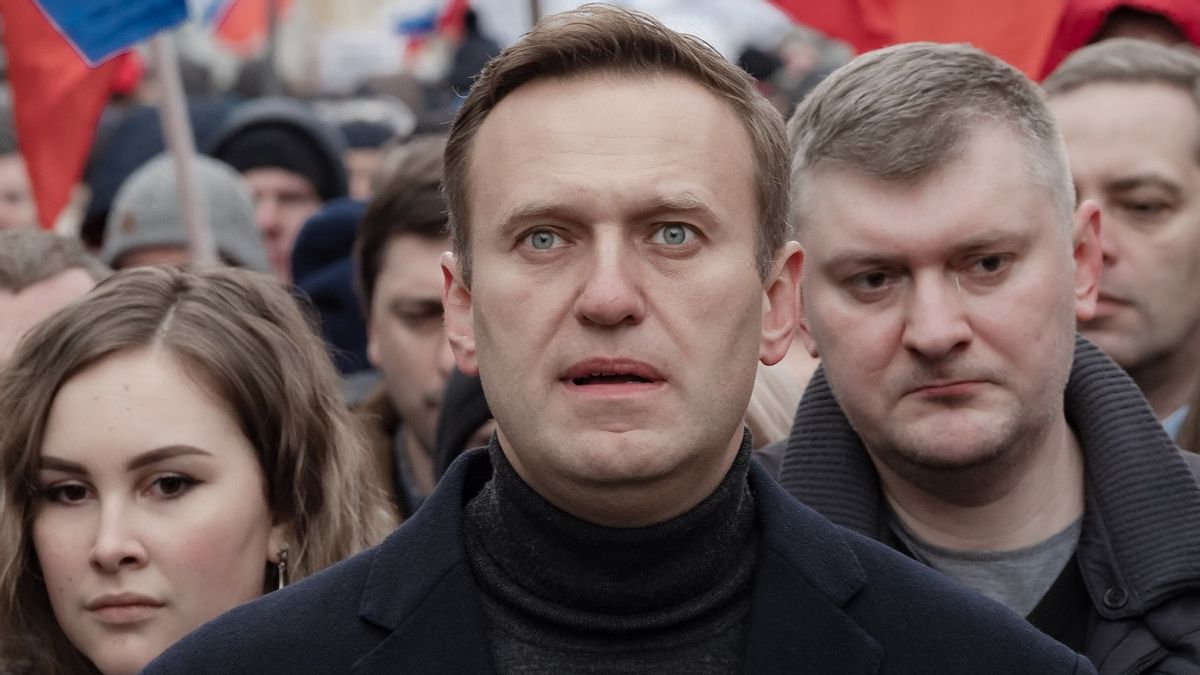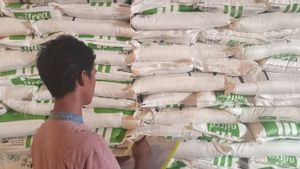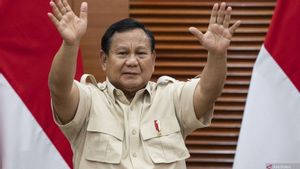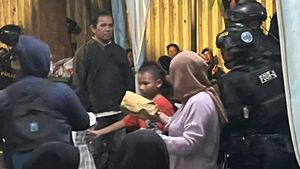JAKARTA - British authorities have sanctioned seven Russian intelligence agents suspected of being linked to the poisoning of Kremlin critic Alexei Navalny on Friday.
The latest version of the sanctions list published on the government's website includes seven new names and reasons for the asset freeze.
The document lists the names of Alexey Alexandrov, Vladimir Panyaev, Ivan Vladimirovich Osipov, Vladimir Mikhailovich Bogdanov, Kirill Vasilyev, Stanislav Valentinovich Makshakov and Alexei Semenovich Sedov.
"Alexandrov was an agent of the Criminal Unit who was present in Tomsk where Navalny was poisoned," said the entry on the sanctions list.
"Evidence including telephone and travel records shows that Alexey Alexandrov was one of the operators involved in the use of chemical weapons in the attempted assassination of Russian opposition leader Alexei Navalny during his August 2020 visit to Siberia," the website said.
Alexei Navalny, a Kremlin critic, fell ill on a flight over Siberia in August last year and was flown to Germany, where doctors concluded he had been poisoned with a nerve agent. The Kremlin has denied any role in his illness and said it saw no evidence that he was poisoned.
After his medical treatment in Germany, the critic returned to Russia in January. He was arrested and later sentenced to 2.5 years in prison for parole violations.
However, the United Nations, European Union and Western countries, including the United States, hold Russia responsible for this attempted assassination, and are preparing sanctions against Russian individuals suspected of being involved.
Human rights experts from the United Nations (UN) have named Russia responsible for the attempted assassination of Kremlin activist and critic Alexei Navalny, and have called for an international investigation into this.
This was conveyed by UN Special Rapporteur Agnes Callamard and UN freedom of opinion and expression expert Irene Khan in a statement Monday. According to them, the attempt to kill Navalny was part of a pattern of attacks on critics at home and abroad, and was meant to send a malicious warning to quash dissent.
"It is our conclusion that Russia is responsible for the attempted arbitrary murder of Mr Navalny," Callamard told a news conference.
"As in other cases, Mr Navalny was poisoned by a distinctive compound, this time Novichok, which is unlikely to be used by other non-state actors or governments," he said.
Meanwhile, citing The Moscow Times June 21, US National Security Adviser Jake Sullivan said the US had imposed sanctions on Russia, related to the poisoning of Navalny, shortly after a meeting between President Joe Biden and President Vladimir Putin in Geneva, Switzerland.
The English, Chinese, Japanese, Arabic, and French versions are automatically generated by the AI. So there may still be inaccuracies in translating, please always see Indonesian as our main language. (system supported by DigitalSiber.id)













